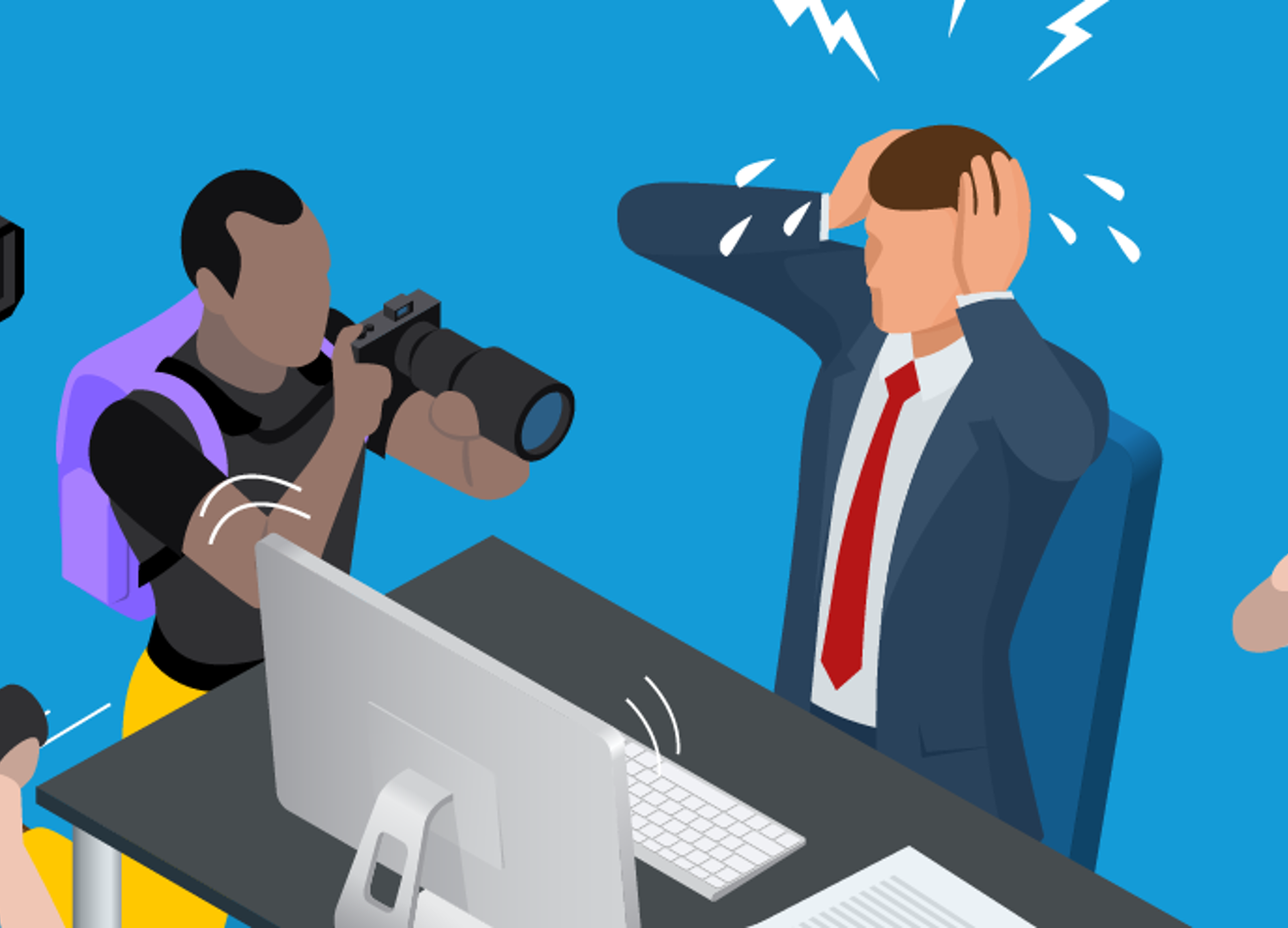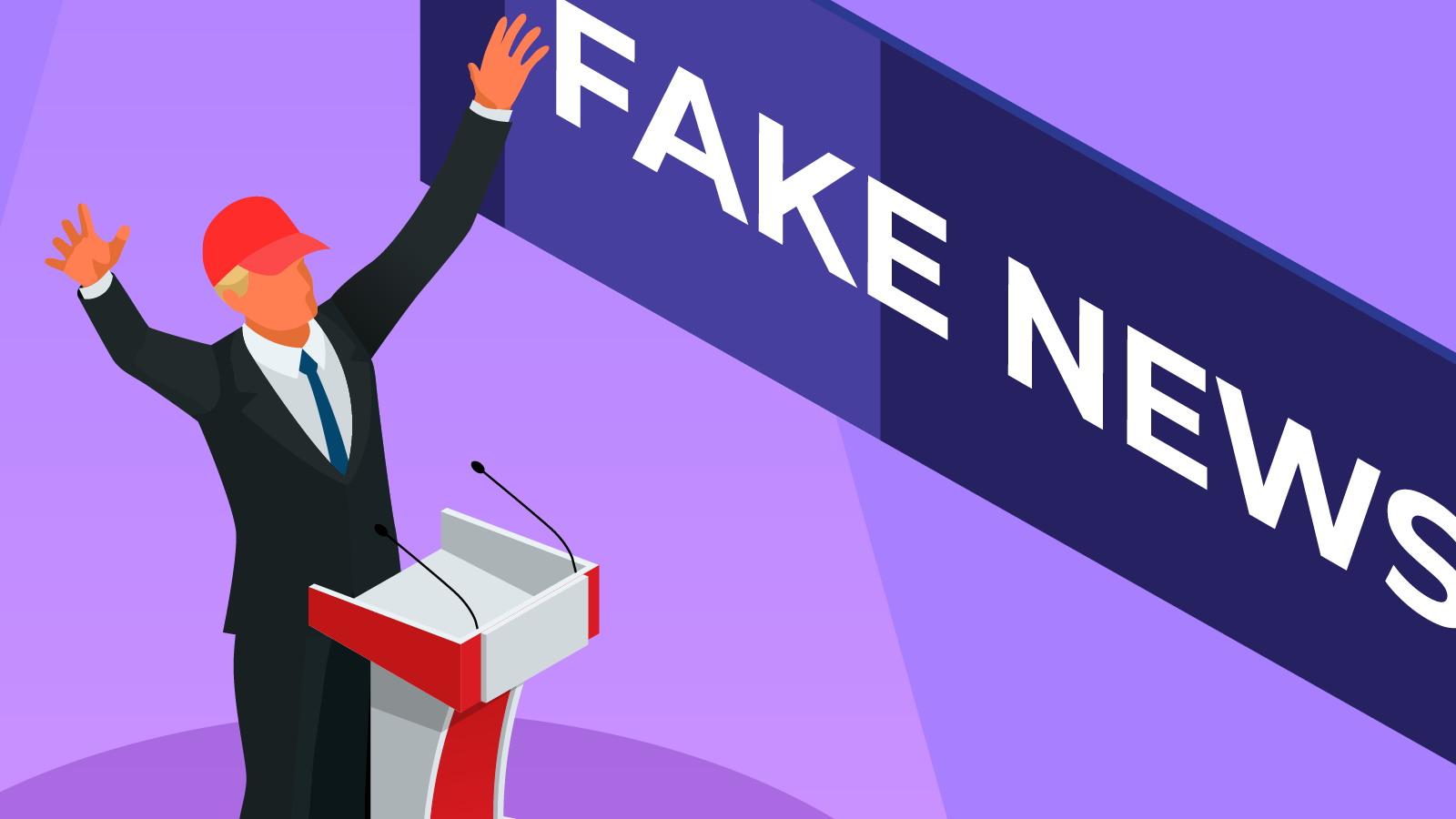In the weeks before Boris Johnson took on the top job in UK politics, the British press was awash with articles concerning the youthful misdeeds of its senior politicians and Prime Ministerial hopefuls. The stories centred on alleged drug-taking by these Ministers during their late teens and early 20’s (which were swiftly followed by various apologies and ambiguous explanations from those accused). The political ‘C-Suite’ is no stranger to these types of allegations, and, like a moth to a flame, controversy tends to follow claims of morally questionable behaviour.
It comes as little surprise that morally questionable acts committed (or allegedly committed) by company directors and C-Suite executives can draw similar controversy, negative PR and provoke ire and fear from both shareholders and clients alike.
But, to what extent can the extra-curricular activities of senior management cause harm to the company to which they are associated? And at what point does the company become responsible for mitigating the fallout of its Ds & Os questionable behavior?
Interested in this topic? Watch our informative webinar "Side A DIC: Explained"

The morally questionable acts of company directors and C-Suite executives can draw controversy, negative PR and provoke ire and fear from both shareholders and clients alike.
The value of reputation
Let’s start by taking a look at some high-profile examples of how businesses can suffer as a result of scandals by high profile execs or representatives:
First up, Tiger Woods.
Well-known sponsors who put their money and faith in Tiger Woods had billions wiped off their collective share prices in 2009 when golf’s biggest name was embroiled in a multitude of moral mishaps. Woods already had rumours circling of an extra-marital affair when more than a dozen other women subsequently came forward claiming that they too had been involved in secret trysts with the golfing star. According to a report by the UC Davis School of Management, shareholders whose money was invested in companies sponsoring Woods saw the value of their stocks plummet between 5 and 12 billion dollars in the 13 days following the revelation.
Consider also The Dorchester Collection which operates and manages 9 luxury hotels around the globe, and is owned by the Brunei Investment Agency – a Brunei government fund. This year the company bore the brunt of its owner’s political rulings when the government of Brunei ruled to impose death by stoning to those engaging in gay sex or infidelity. The move provoked worldwide outrage and numerous high-profile figures including Ellen DeGeneres, George Clooney, Billie Jean King and Elton John encouraged the public to boycott the hotel group. Companies such as JP Morgan, Deutsche Bank and the Financial Times also publicly declared that they were cutting ties with the Dorchester.
It can be difficult to financially quantify reputational damage, however when customers or partners start walking away, sales revenues decline, the stock price takes a hit or company worth depreciates, a picture of the financial toll of time in the negative spotlight becomes clear. Increasingly, the activities of Ds & Os and other high-profile representatives can have immediate and lasting impact on the company’s reputation and bottom line.
Taking action
When a scandal hits, Ds & Os are compelled to decide a course of action which they believe will be in the best interest of the company. In most cases, a company’s ability to act prudently and swiftly in a scandal can help prevent its own demise and, importantly, protect itself from securities action or shareholder lawsuits. But not every company chooses the same path.

In most cases, a company’s ability to act prudently and swiftly in a scandal can help prevent its own demise and, importantly, protect itself from securities action or shareholder lawsuits.
Let’s compare the outcomes of two other high-profile cases:
In 2011, we saw the spectacular fall from grace of fashion industry’s John Galliano. The Creative Director of Christian Dior was filmed slurring racist remarks to café patrons in Paris mere weeks before the Spring Paris Fashion Show. The rant sparked an international outcry and Dior immediately moved to suspend him. Not only was he ultimately found guilty of having committed a criminal act but his he was fired from Dior and his own company, Cheyenne Freedom, was ordered to pay Dior 1.17m Euros for damages to reputation and image as a result of the outburst. The rapid action taken by Dior in this case was key to ensuring that it kept on the right side of its shareholders’ good graces, public opinion and reputation in general.
Conversely, consider Alphabet (Google’s parent company), which dragged its heels and actively turned a blind eye when shareholder derivative actions were filed against the company as a result of numerous allegations of sexual harassment. In the Alphabet suit, it was alleged that the company and its execs knew of a culture of sexual harassment but did nothing about it. The suit went on to state that this inaction gave the impression that executives were therefore actively fostering a culture that permitted sexual harassment. Not only this, but Alphabet’s leadership allegedly covered up information learned from internal investigations, and allowed senior executives involved to resign with lucrative pay packages while those in more junior positions were fired in disgrace. In the actions cited, they allege breaches of fiduciary duty, including breaching the codes of good faith, loyalty and candour. Loss of reputation to the company was also cited and this was plain to see when swathes of Google employees staged mass walkouts across the globe as a result of the company’s inaction.
Duties of Directors and Officers
The duties of Ds & Os include abiding by the duty of care and loyalty they owe the company. They are expected to perform their duties in the best interests of the company and ensure that their behavior (inside and outside of work) is becoming of their position and doesn’t bring the business into disrepute.
This next example shows how erratic acts by a company officer can have direct consequence on a company’s stock price and do the company no favors when it’s already under the scrutinising gaze of shareholders and regulators.
Tesla’s CEO Elon Musk has been prone to actions which can seem at odds with those which would usually be expected of a public company CEO. While under investigation for securities violations, he was served with a defamation suit for labelling the Thai Cave Rescue Diver Vernon Unsworth a “pedo guy”, and he didn’t cover himself in glory after being filmed smoking marijuana during his appearance on the ‘Joe Rogen Experience’. The latter act, which, coupled with his now infamous ‘funding secured’ tweet, subsequently saw Tesla shares take a 9% hit the following day. Mr Musk’s behavior only helped stoke the fire of shareholder unrest culminating in a shareholder derivative lawsuit.

It appears that the possibility of a securities action or shareholder derivative lawsuit may increase the longer the company fails to take action.
Ultimate responsibility
While the courts have insinuated that companies generally have no obligation to monitor the personal affairs of Ds & Os (see: Martha Stewart Living Omnimedia, Inc v Martha Stewart et al 2003), it’s clear that a company and its governing executives can still be held accountable in the wake of a personal scandal.
In fact, it appears that the possibility of a securities action or shareholder derivative lawsuit may increase the longer the company fails to take action. Particularly if there is obvious reputational damage to the business as a result, or if the company’s controls, procedures or decision-making leading up to and during the scandal can been seen as lacking or at fault.
Scandals are, by their very nature, utterly unpredictable and can cause undue harm, stress and distraction to a company. However, with the appropriate forethought around contingency action should events like these occur, fallout to the company can be mitigated quickly and effectively, and hopefully prevent the company from incurring prolonged negative press or legal action.
Did you find this interesting? Find out more in our informative webinar "Side A DIC: Explained"



